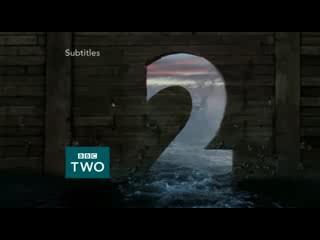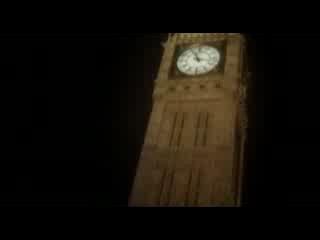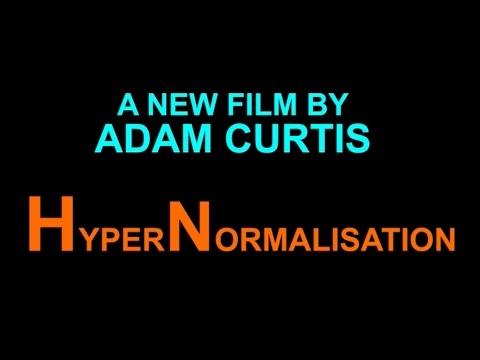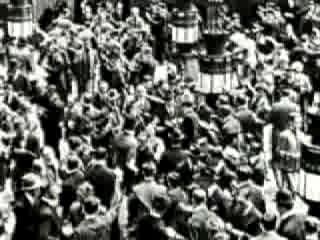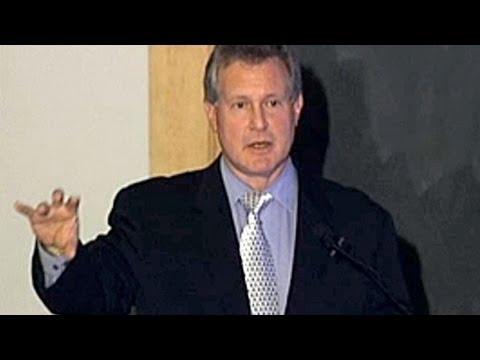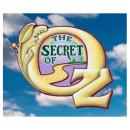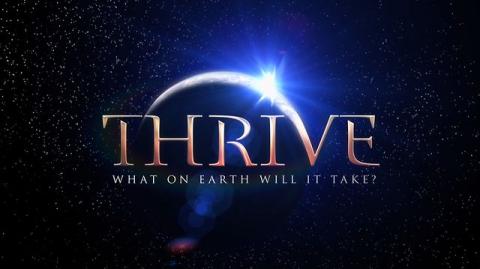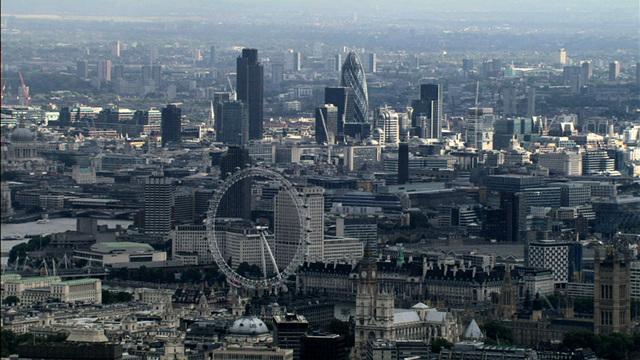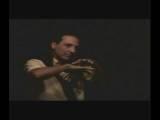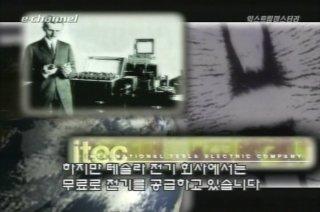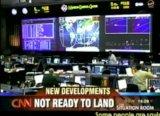Bitter Lake - Adam Curtis

Description
Adam Curtis’s beautiful, gripping film unravels a story of violence, bloodshed and bitter ironies - Beginning with a fateful meeting between President Roosevelt and King Abdulaziz of Saudi Arabia, Curtis delves into a mass of historical archives to shed light on Afghanistan and the west.
‘Increasingly, we live in a world where nothing makes any sense,” says Adam Curtis. “Events come and go like waves of a fever, leaving us confused and uncertain. Those in power tell stories to help us make sense of the complexity of reality, but those stories are increasingly unconvincing and hollow.”
So Curtis – who made The Century of Self, The Power of Nightmares, and The Trap: What Happened To Our Dream of Freedom – has made a new film, called Bitter Lake, about why those stories stopped making sense, and to try to make sense of them. It’s available only on BBC’s iPlayer, because that means it doesn’t have to fit in with tedious constraints like schedules (it’s two hours 18 minutes long) or conventional ideas about what television should look like.
The Bitter Lake of the title refers to an actual saltwater lake through which the Suez canal flows, and presumably also to what you would find inside Adam Curtis’s head if you were to cut it open. In 1945 President Roosevelt met King Abdulaziz of Saudi Arabia (whose son Abdullah died last week, to be replaced by yet another son, Salman) on board a warship on the Great Bitter Lake. It was a meeting that would have extraordinary, far-reaching and unintended consequences, for the west, for the world.
Curtis’s story unfurls from there, taking in America, Saudi Arabia, Britain, the Soviet Union. And Afghanistan, which found itself not just at the centre of the world, but the centre of a snowballing – and ongoing – international scandal. It’s a story that includes the spread of Wahhabism (no wasabi jokes, thank you); the oversimplification of the world, by Reagan and Bush (Sr) and Bush (Jr) and Blair, into a kind of fairytale of good v evil; the banks, inevitably; Bin Laden and 9/11 too, also inevitably; and now Islamic State, who want pretty much exactly what the Wahhabists wanted over half a century ago.
It’s a story full of violence, bloodshed, and bitter ironies, mainly about how the west, through misunderstanding and oversimplification, repeatedly achieved pretty much the opposite of what it was trying to achieve. America protected Wahhabism through its thirst for Saudi oil, and in doing so helped sow the seeds of radical Islam today. In Afghanistan they built dams to irrigate the Helmand valley, making it perfect to sow actual seeds, opium poppy seeds. The past is strewn with patterns, and warnings, if only anyone had bothered looking and tried to understand. But history is a bit too complicated for today’s politicians.
Curtis gets up to his usual tricks. Archive film, of course; he must have scoured virtually everything that’s ever been filmed in Afghanistan, and spliced in Solaris (the Russian sci-fi movie), Blue Peter, dogs, Carry On (up the Khyber), the Afghan version of The Thick of It (looks promising). Then cherry-picked his vast record collection to lay on top … unless he does that first, then finds the pictures and stories to go with it, because music is not incidental, it’s very much part of this. Dancing, too, is important, often combined with witty juxtaposition, so that the dancers are dancing to the wrong music. While camels make the sound of boats … well, they are ships of sorts, I suppose.
It can be infuriating, all the wobbliness – at times I felt I was actually on a camel. And the sudden zooming in to people’s eyes, am I now riding a high-velocity high-explosive US bullet? Maybe I’m looking too hard for meaning? Bowie’s Bewlay Brothers – did you pick that, Adam, simply because it doesn’t mean anything at all (or just because it’s beautiful)?
Then there is Curtis’s narration, schoolmasterly in tone, apocalyptic in message: dark forces at work, everyone hates everyone else, it becomes frightening and unstable … Only Simon Schama can demand, so loudly, to be parodied. Charlie Brooker must be rubbing his hands together in gleeful anticipation, again.
But that’s because it is distinctive, genuinely different. It’s also worrying, beautiful, funny (really), ambitious, serious, gripping and very possibly important. I’m not saying everything now makes sense; there’s still confusion and uncertainty aplenty in this bitter lake up here. But Adam Curtis is at least taking a step back, to look at the modern world, then take it on. And make television like no one else does.
Right, attack dogs, conspiracy theorists, righties, lefties, over to you: at him!



